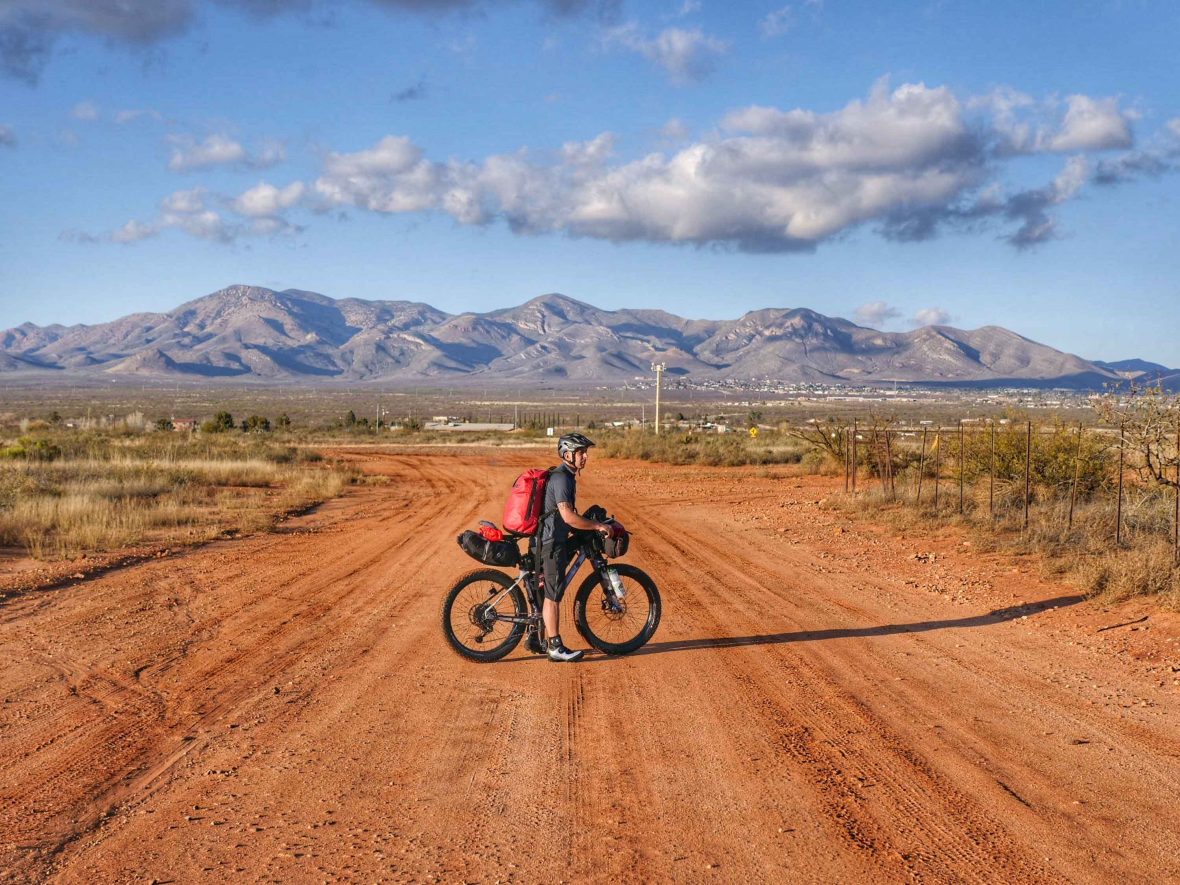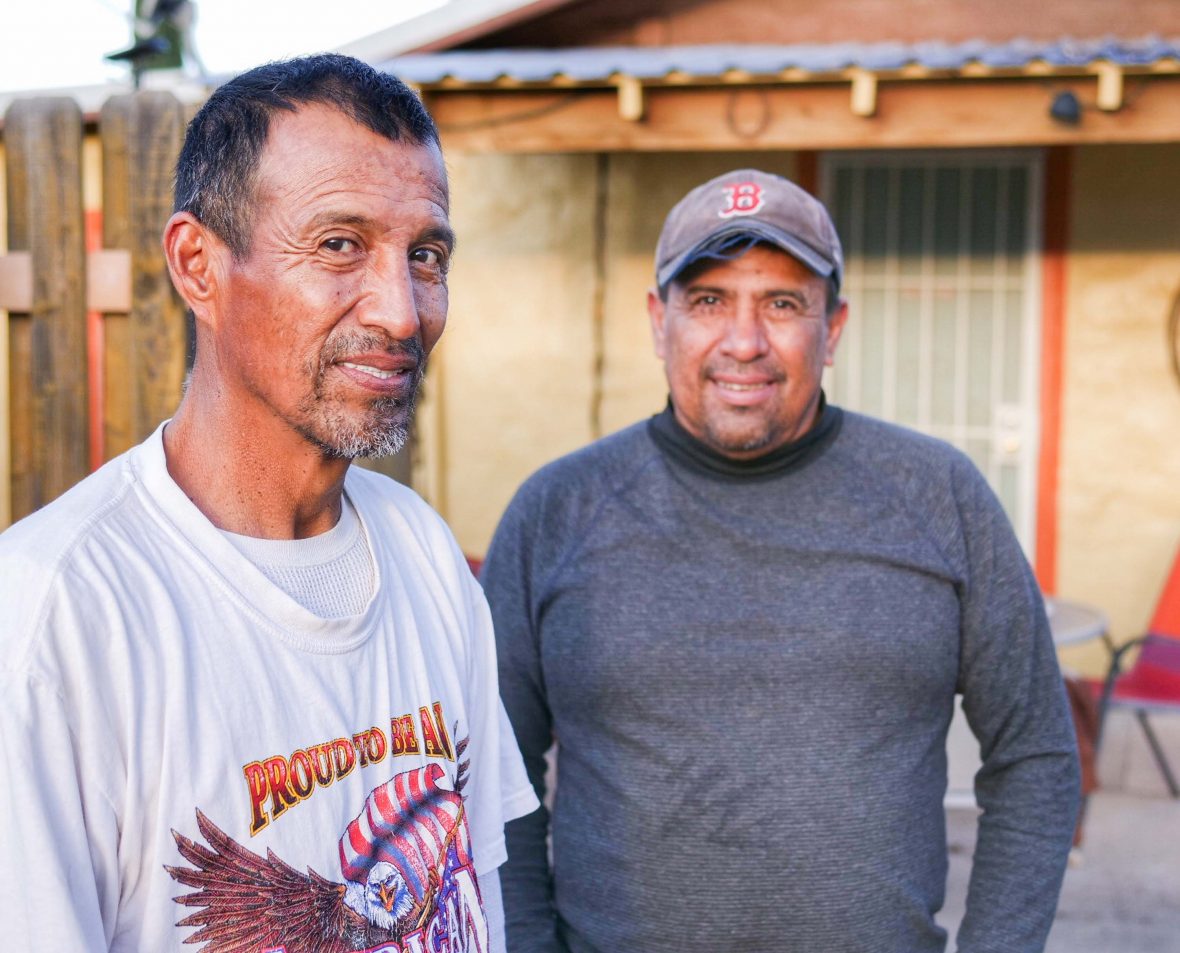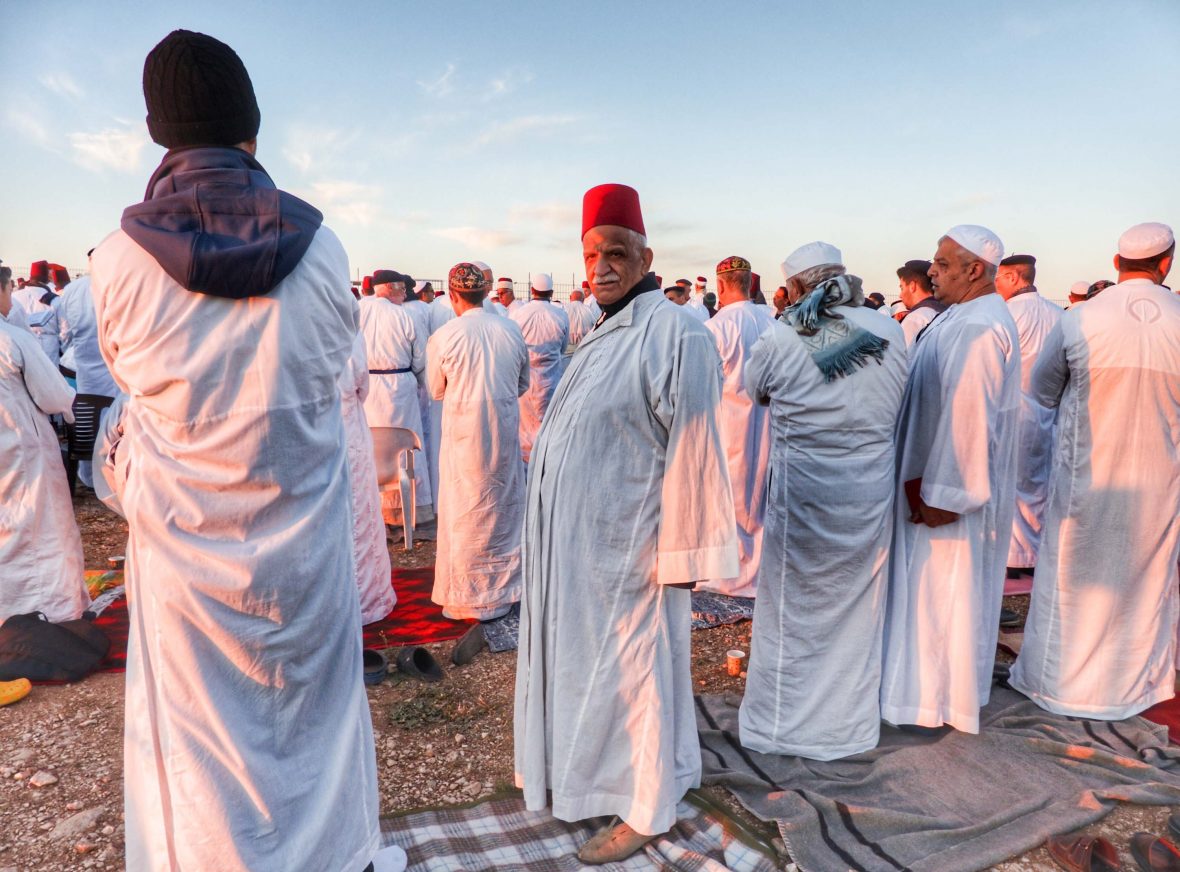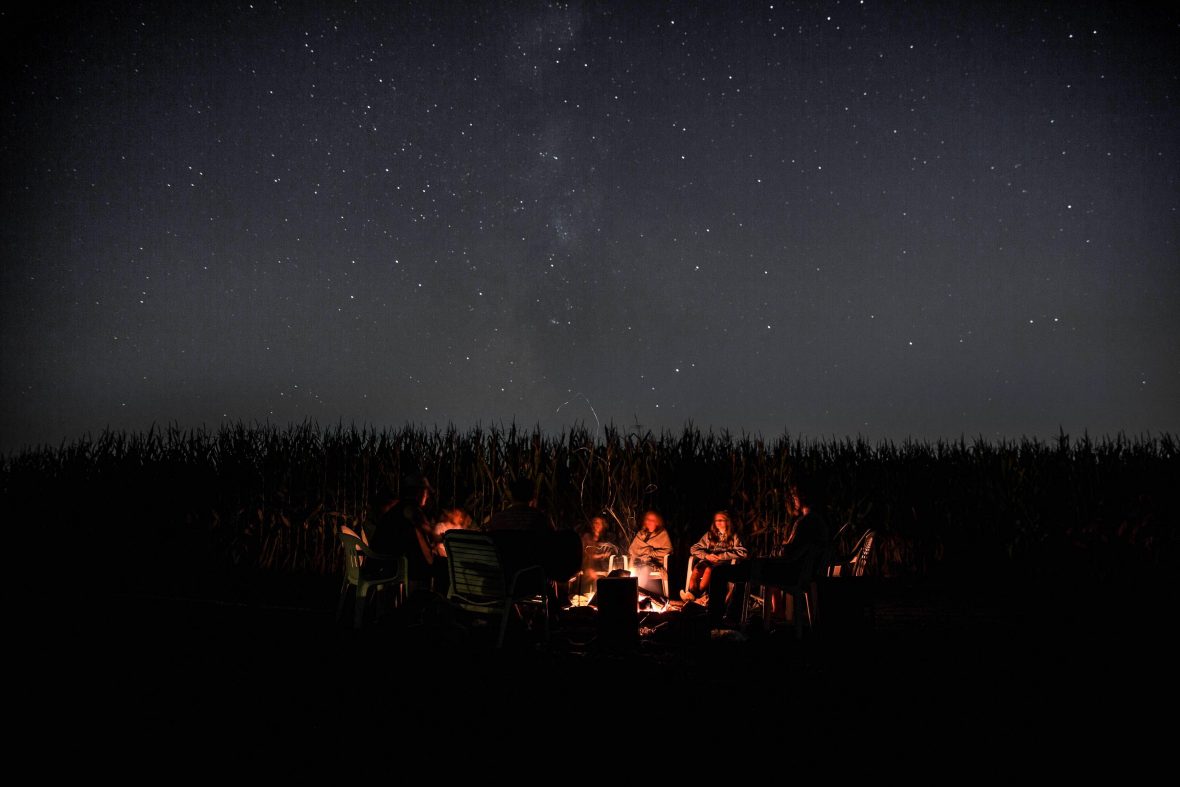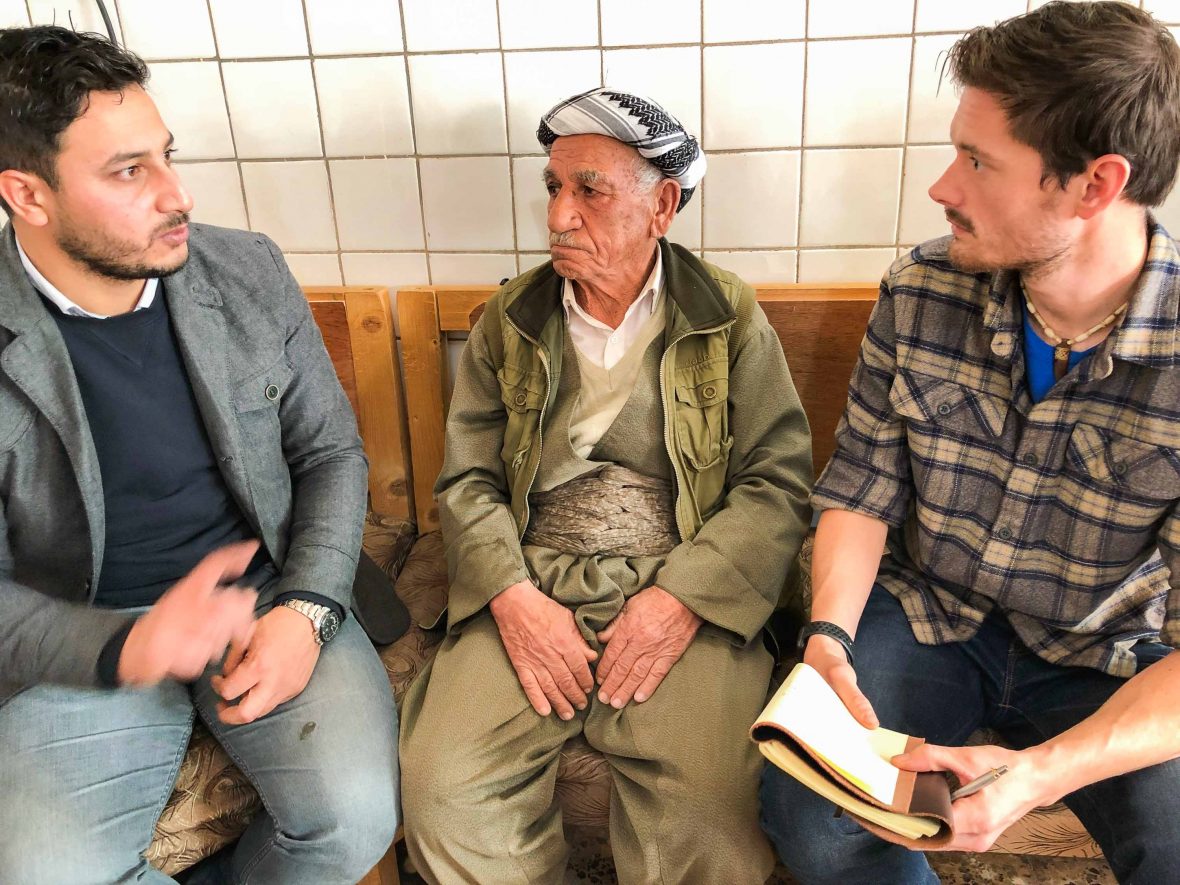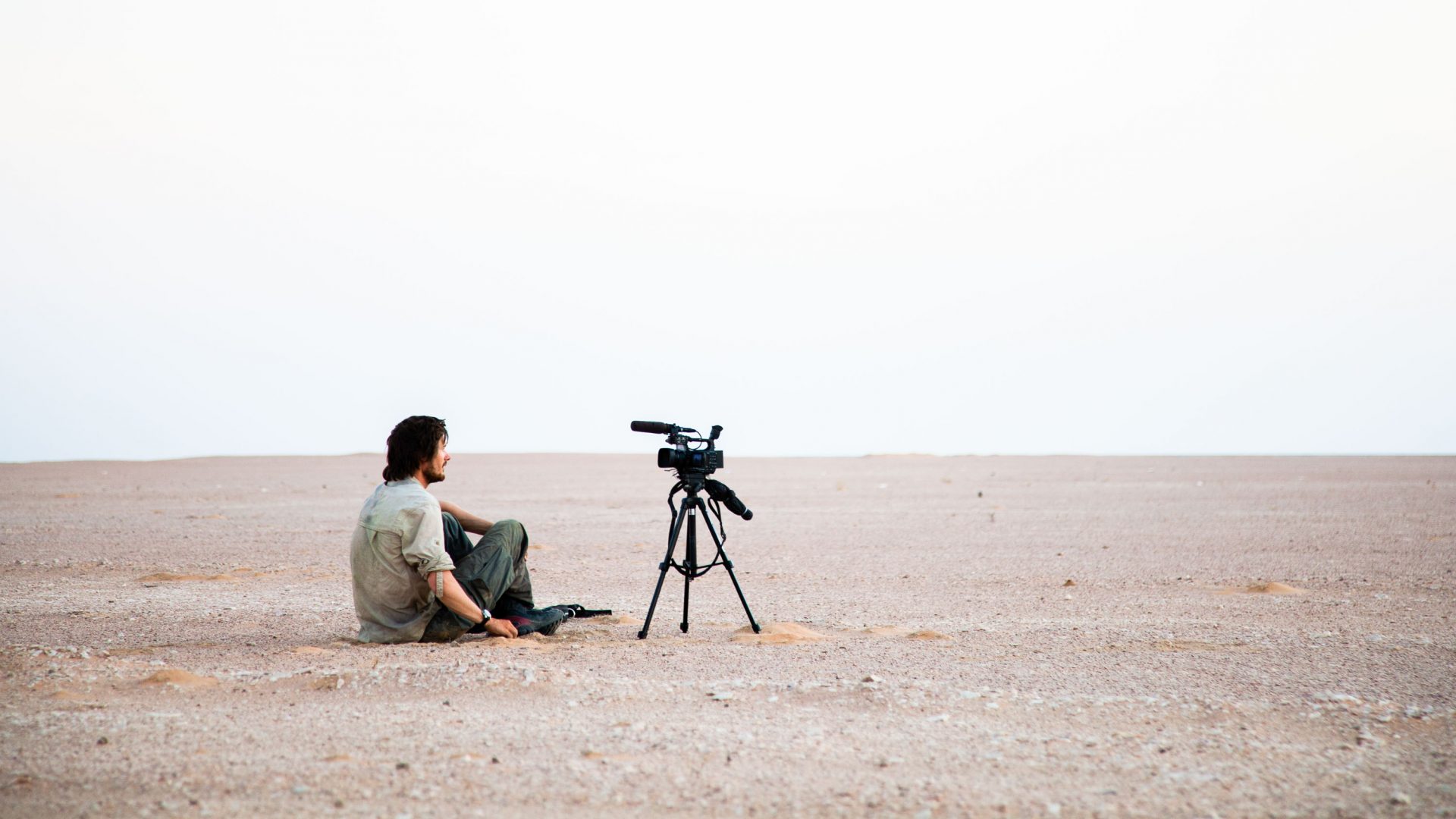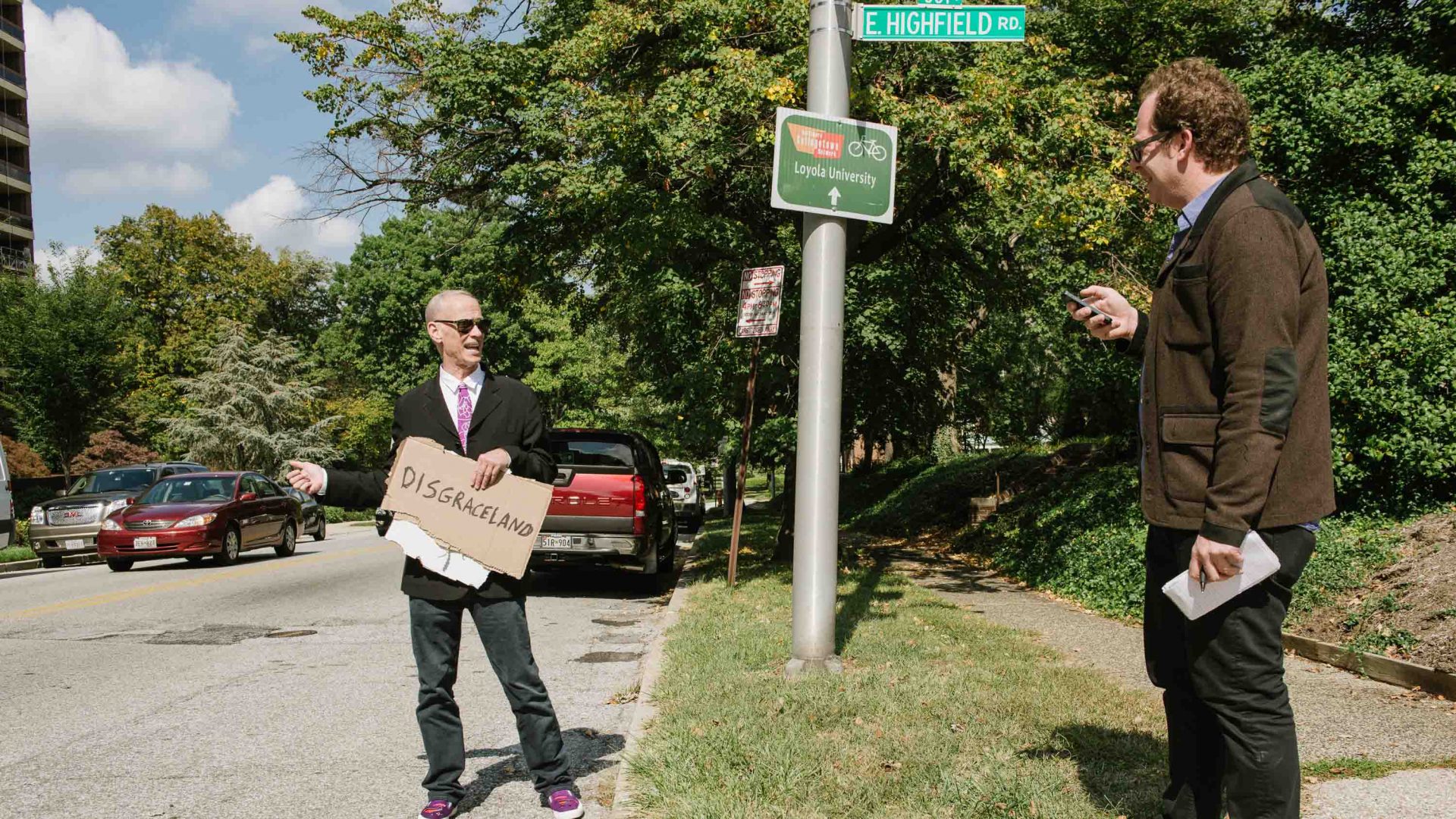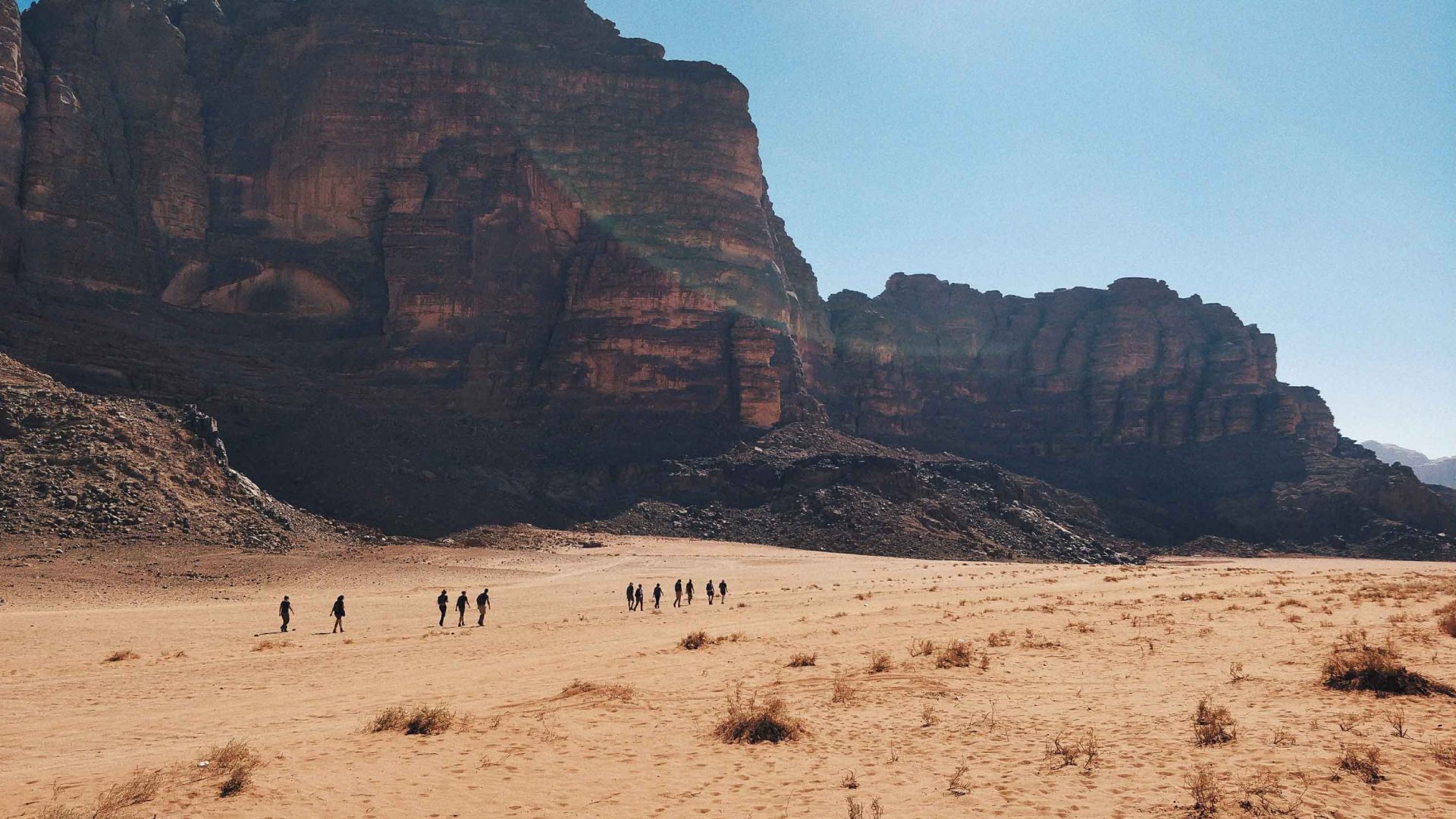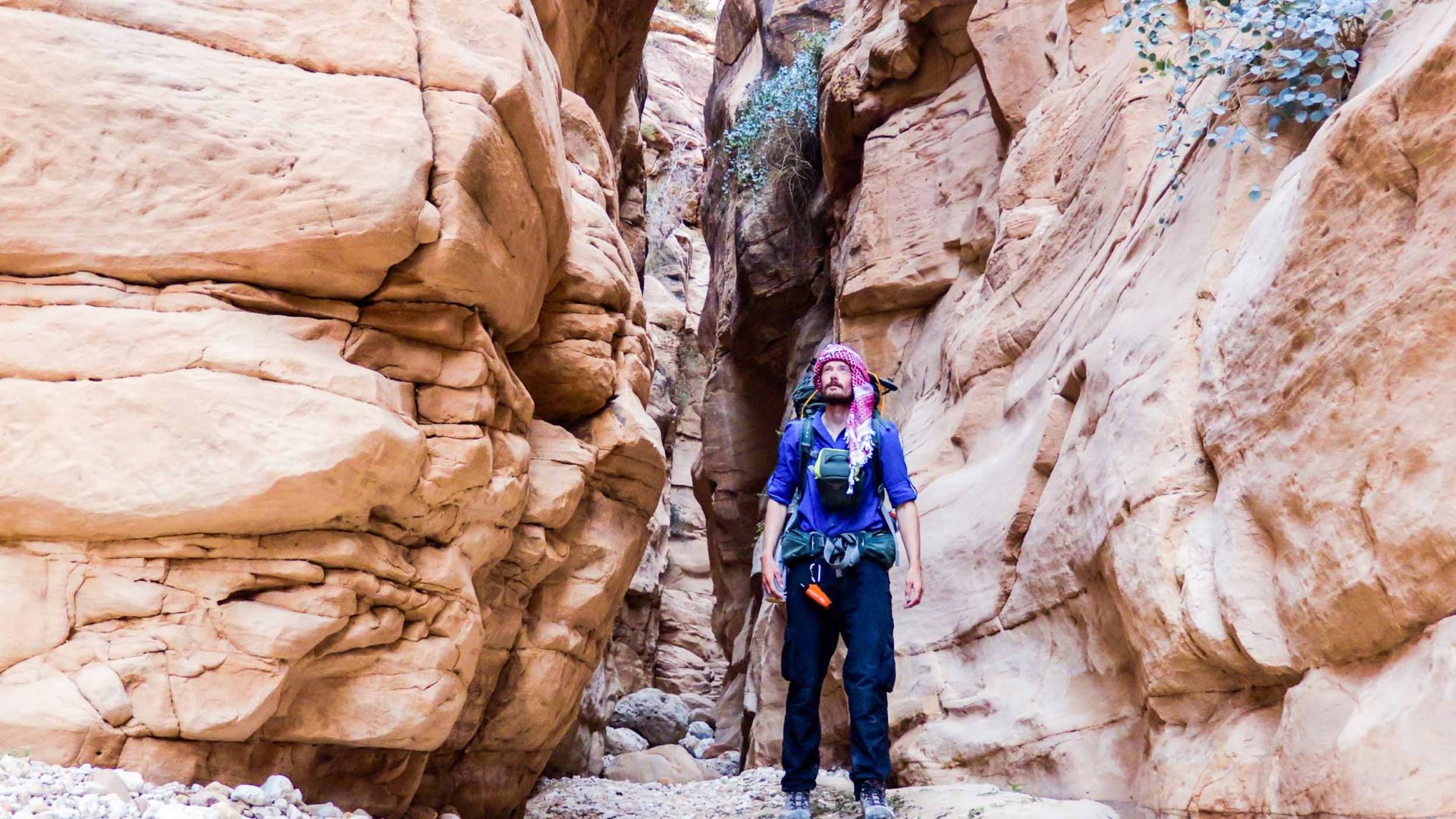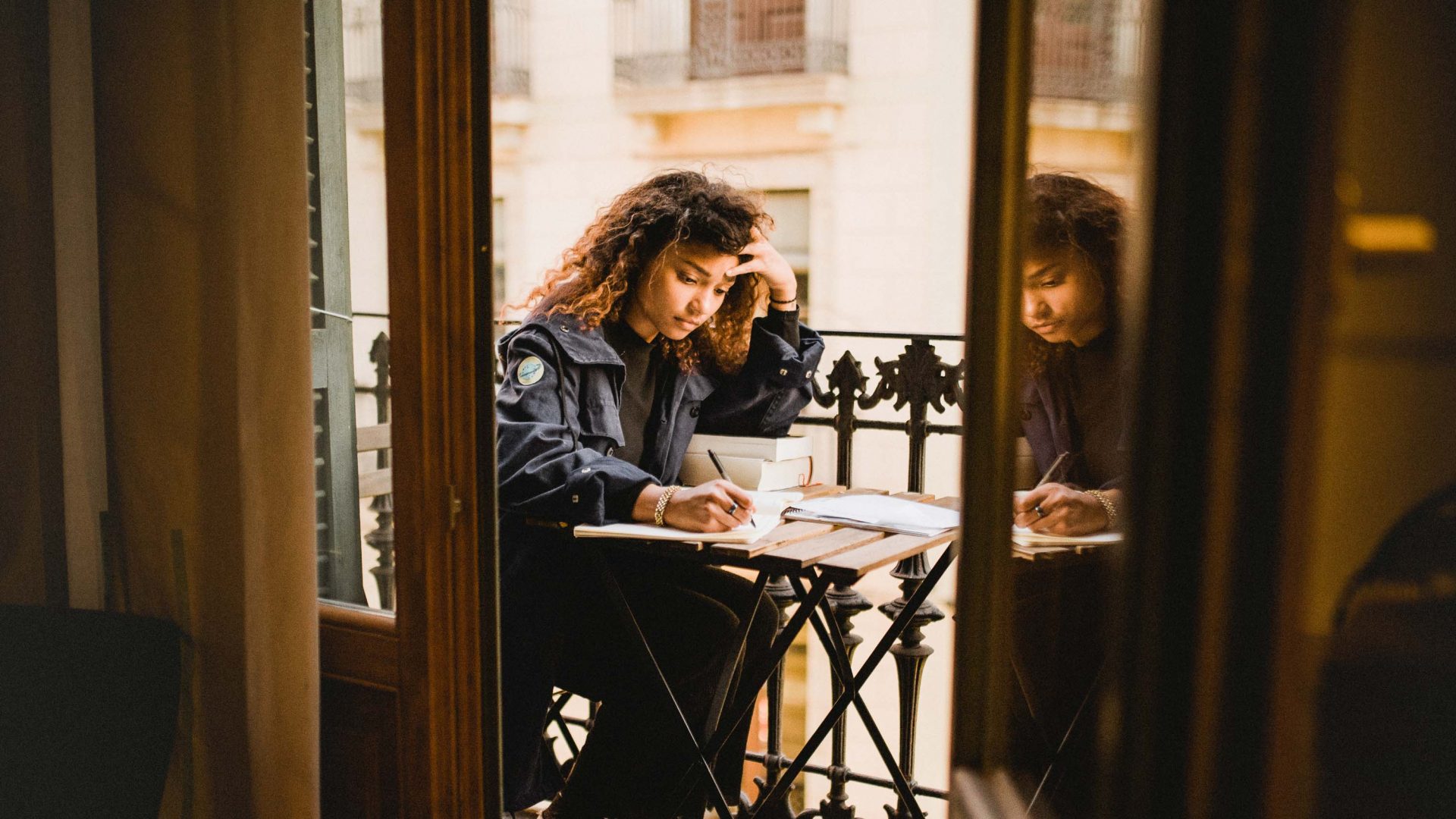
Editor’s note: This article was published before the coronavirus pandemic, and may not reflect the current situation on the ground.
If you want to turn your travels into a story, how do you take notes while staying ‘in the moment’? Writer, filmmaker and adventurer Leon McCarron shares his tips.
When I first began traveling, it was by bicycle from New York City to Los Angeles, then westwards across Australasia—with a little help from boats and planes for troublesome oceans.
For a young man, it was mind-expanding—mostly by virtue of being in new environments. I also kept a journal of everything; partly for me, and partly with a vague idea to write it all up sometime, for posterity if nothing else.
A couple of years later, in a coffee shop in northwest London, I did just that. Unfortunately, I found my own notes agonizing. “Met a man called Mike in a town called Athens in Michigan,” I’d written. So far so good. “Had a really interesting conversation with him about the decline of car industry here, and his theory of why there’s so many alien sightings. Had coffee and rode another 20 miles before camping.”
It’s not hard here to see what’s missing. What did he tell me about cars and aliens? I learned the hard way that, if a written record is to be useful in the future, the details matter. That means more work, and some discipline—and I hope, a decade later, that I’ve learned a few things.

